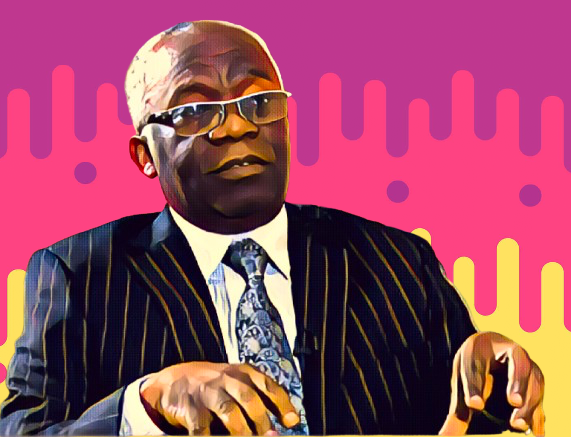Key Points
-
Falana decries subsidy removal and dollar bribes.
-
Nigerians face higher costs without relief measures.
-
Corruption worsens as forex pressures deepen hardship.
Femi Falana, a well-known human rights lawyer, has strongly condemned the removal of Nigeria’s fuel subsidy, saying that it has made life harder for people and opened up new ways for corruption to thrive.
Falana spoke in Lagos over the weekend at a civic forum put on by the Committee for the Defense of Human Rights (CDHR). He said that the removal of the subsidy has not led to the promised changes. He said that instead, it has made millions of Nigerians pay more for food and transportation. He also said that corruption in the government has gotten worse, with people asking for bribes in dollars instead of naira.
Falana says that bribes are now paid in dollars
Falana said, “The end of the fuel subsidy has just shifted the burden of corruption onto regular Nigerians.” He also warned that inflation is lowering the value of wages and pushing families into poverty. He accused public officials of profiting from dollar bribes at a time when citizens are struggling to afford basics.
He says that Nigeria’s dependence on imported fuel and a weaker naira have made the economy look worse. President Bola Tinubu and Finance Minister Wale Edun have said that money saved by getting rid of subsidies will be put back into infrastructure, health, and education. However, Falana said there is little evidence that these promises have been kept.
Labor leaders join in the criticism of the subsidy policy
According to a report by the Punch news, Joe Ajaero, the president of the Nigeria Labour Congress (NLC), said last month that the government’s policy “amounts to punishing the poor for the failures of the elite.” The Trade Union Congress (TUC) has also threatened strikes across the country because of rising food prices and transportation costs.
Bismarck Rewane, the CEO of Financial Derivatives Company, is one of the analysts who says that while the removal of subsidies was unavoidable, bad timing and a lack of social safety nets have made the situation worse. Rewane said in a TV interview, “The government didn’t expect the backlash to be so strong.”
Falana wants the government to bring back refineries
Falana has told the government to rethink its subsidy policy, saying that Nigerians need help, not more austerity. He suggested that fuel be refined locally at working state-owned refineries in Warri, Port Harcourt, and Kaduna. This would cut down on imports and lower the pressure on foreign exchange.
He said, “Instead of punishing citizens, the government should focus on bringing back local refineries and holding corrupt officials accountable.”
His comments add to growing public frustration as civil society groups including SERAP (Socio-Economic Rights and Accountability Project) and opposition leaders like Atiku Abubakar intensify pressure on the government. In the coming months, strikes and protests against the end of subsidies and high living costs are likely to get worse. This shows how unhappy people are in Africa’s largest economy.


